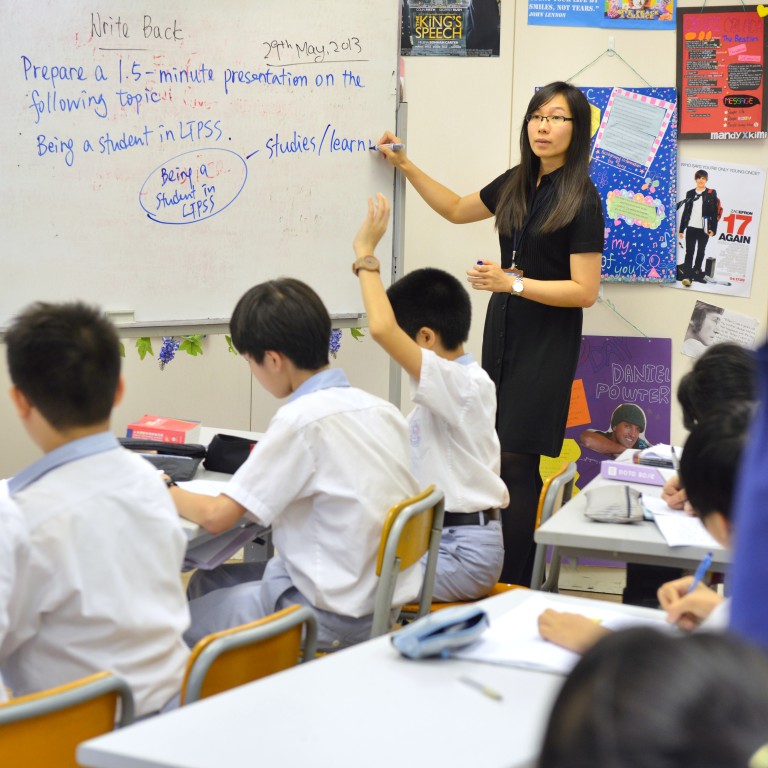
Bureau's landmark education reform has not achieved its aims
I refer to Andres Chau Ho-yin's letter ("Why so many students are going abroad", September 17).
I am puzzled by Mr Chau's complaint about having to memorise phrases from "modern languages". Pedagogically speaking, "modern languages" refer to those modern versions of European languages such as French, Italian and Dutch which emerged from the medieval period (from example, Old French which evolved into modern French). I doubt if that is what he had in mind.
A prime purpose of the senior secondary school curriculum reform unveiled by the Education Commission in 2000 is to reduce the amount of spoon-feeding and rote learning then considered prevalent in Hong Kong's school system. If parents continue to find spoon-feeding or memorisation of stock phrases the key tools of learning in local schools, that reflects a sad failure in the implementation of the Education Bureau's landmark education reform.
However, I see no problem with memorisation of certain texts. Some texts lend themselves to memorisation easily. Lines in plays need to be memorised; memorisation of memorable lines from classics or literature is a joy, not a punishment.
The bureau has bungled many aspects of its reform. It mis-translated and mis-taught the concept of "critical thinking", which is an intellectual discipline designed to encourage high-order thinking skills which require clarity, precision, consistency, relevance, sound evidence, good reasons, depth and fairness. Somehow, in some classrooms, students have been encouraged to develop "critical thinking" as a tool to attack others or question the establishment, instead of strengthening their intellectual abilities.
The bureau has also turned a blind eye to the Hong Kong Examinations and Assessment Authority's persistent mishandling of the territory-wide system assessment by making it overly difficult and burdensome for primary school students, thus turning the test into a competitive game between schools and taking away the joy of learning.
Middle-class parents are voting with their feet to send their children abroad because the local school system has failed their expectations.
Awareness of public affairs and a certain amount of political literacy are desirable for secondary school students. But to really understand what is going on around the world, why not go back to basics? How about teaching more history, European or Chinese, so students know more about the intellectual developments shaping modern political ideologies and democratic systems, or the forces shaping modern China? Without deep thinking and historical knowledge, discussion of current affairs in classrooms is skin-deep.

